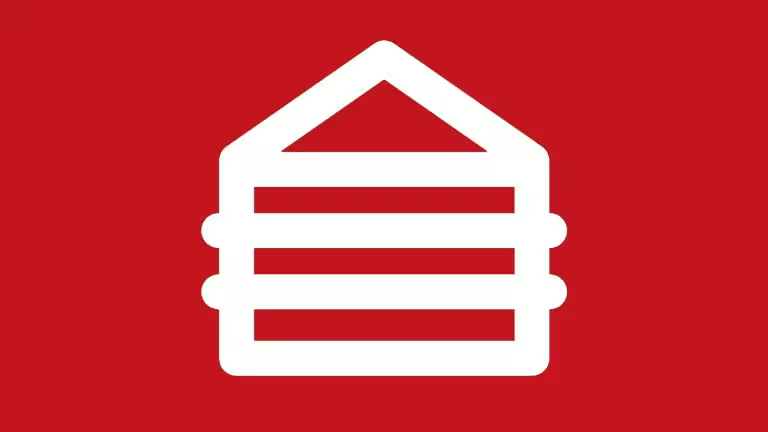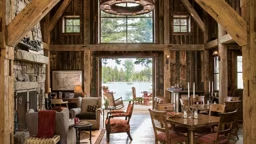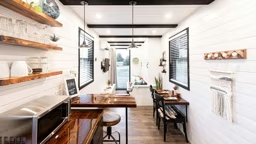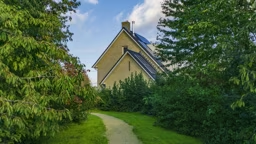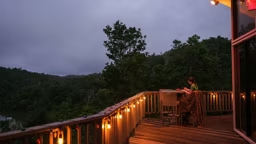
Cabins provide necessary getaways near the mountains, by the lake or in a peaceful forest. This home away from home needs maintenance and coverage as your primary residence does, so getting insurance is essential. How do you choose what coverage to get? What should you know about policies for cabins before selecting? Here’s what to expect.
What to Consider When Choosing Insurance for Your Cabin
Research is critical for selecting the best insurer and policies for your needs. What should you consider when looking for insurance? Here are four considerations to make your search easier.
Current Home Insurer
The most accessible way to get insurance for your cabin is through your current home insurance provider. This company is more likely to provide coverage for additional property if it already insures your primary residence.
Acquiring insurance for your cabin through another organization is possible, but it’s easier with your primary insurer. Most companies will add the cabin to your homeowners insurance policy instead of tabulating a separate bill. Combining your home and cabin on the same policy may qualify you for discounts, depending on your selected insurer.
If you don’t own a home, you can still get insurance for your cabin, whether you need it for the entire year or only for a specific time.
Type of Coverage
Insuring a cabin requires choosing the appropriate amount of coverage for your property. You can acquire a few different types of insurance, so consider how much you’ll use the cabin and if you want to rent it to others.
Seasonal home insurance is the most common type of coverage for your cabin. This policy is standard for vacation homes and covers damage. Cabins are more susceptible than your average residence to storms, especially when near a body of water. Seasonal home insurance is standard for cabin owners who maintain the property for personal use.
If you only use your cabin for a few weeks out of the year, you may consider renting it out to friends or others who want to vacation there. Renting out your vacation home means you’ll need to get rental property insurance. This coverage protects you, the owner, in case unforeseen events happen at your cabin. For instance, rental property insurance covers you when someone gets hurt or a storm makes your cabin uninhabitable.
Cabin Location
Another thing you should consider is your cabin’s location. Acquiring insurance for your cabin may be difficult under some circumstances, and your insurer may deny coverage if it deems your property too risky.
For instance, your cabin’s island location could be an ideal private spot for your vacations. However, the insurance company may see your property as too expensive to cover because you’re too far from emergency services on the mainland. Even inland cabins can bring high premiums if the insurer thinks their remote location will be a liability.
A cabin’s location also raises concerns about the weather. Your costs will likely be higher if the area’s climate includes extreme temperatures or torrential conditions. For example, Florida’s recent history of natural disasters means residents pay about $2,385 annually for homeowner’s insurance.
Insurance companies also view crime rates and community support as essential for determining premiums. Popular vacation spots may see premium increases if the area has a reputation for criminal activity.
Discounts
Paying for seasonal home or rental property insurance can get expensive, so examining how you can get discounts is crucial. The specific deals will vary depending on the insurer. Still, most companies provide special rates if you follow one of these criteria:
- Security system: An unoccupied cabin may be a liability for insurance companies, so setting up a security system can earn a discount. Experts say you can decrease your premiums by 20%, depending on your insurer and their policies.
- Fire alarm: Cabins are vulnerable to fires, especially when crafted from wood. Installing a fire alarm system makes your property more favorable to insurers.
- Claims history: While not a direct discount, insurance companies are more likely to give you a good rate if you haven’t filed claims in the past few years.
How Does Insurance for Cabins and Homes Differ?
While insurance for your home and cabin are similar, you should know the key differences when finding coverage for secondary residences.
The primary distinction between your home and cabin’s insurance is the length of coverage. Your primary residence receives coverage all year, whereas second homes are only covered for specific times. Seasonal insurance may only cover your cabin for six months out of the year if that’s when you expect to occupy it most.
Insurance companies also scrutinize your primary residence less than your cabin. Your insurance agent will ask when you’ll occupy it, whether you’ll rent it out and where the property is located. These factors affect the cabin’s insurance price more than your home’s coverage.
What Does Insurance Cover for Cabins?
You might not get the same coverage you’d receive with your home when insuring a cabin. Here’s what to expect when finding insurance for your cabin.
Damage
The primary reason you get insurance for your cabin is to protect the property when damaged. Insurers will cover involuntary damage to this vacation home to bring peace of mind. You may know this term as dwelling coverage, as it insures damage to the cabin and its structure.
For example, homeowners insurance will cover damage from vandalism or wildfires because they’re not your fault. You can’t control thieves or natural disasters, so the insurer won’t hold it against you.
Injuries
Using your cabin as a rental property necessitates liability coverage. This insurance covers monetary expenses if a visitor is hurt at your cabin. For example, someone may have tripped and fallen on the porch or burned their hand in the kitchen. Most states don’t require liability insurance, but acquiring it is wise because accidents are unpredictable.
Vehicles
Heading to the cabin may include riding snowmobiles, ATVs and other fun recreational vehicles. Most homeowners insurance companies won’t cover them under the standard policy. Still, they may let you purchase separate coverage for these machines. For example, ATV insurance typically costs under $100 annually, so acquiring it is a good idea if your family enjoys riding them at the cabin.
What Does Not Get Coverage for Cabins?
Insurance for cabins significantly varies by insurer, so checking with your provider is essential to see what’s covered. Some insurance companies might not cover the damage your pets cause, even if it was an accident. Additionally, you may have difficulty obtaining coverage for flood damage or other incidents the insurance company deems too expensive.
Curating Cabin Coverage
Owning a cabin means you have a reliable spot for relaxation. Caring for this property is essential, so you must acquire coverage. How can you get the insurance you need? Speak with your current homeowners insurance provider about coverage for your cabin and shop around for rates. Getting insurance for all your needs is essential for peace of mind and financial protection.

